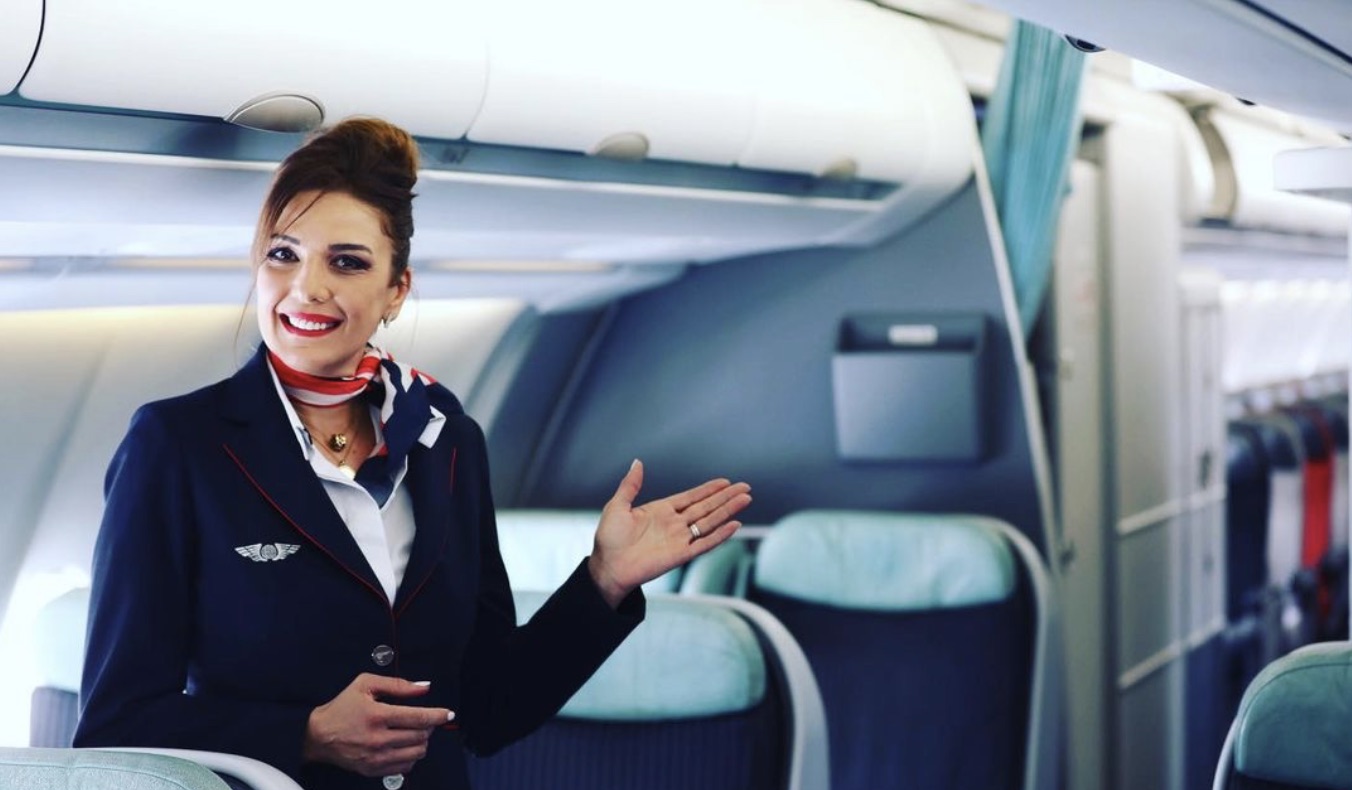Access selected deals available with budget and full-service airlines
Lock any airfare that sounds great. You don’t lose anything if you cancel it
Call us anytime for any assistance. We do not go into hibernation
Your personal and financial information stays secure with us
Tunisair, officially known as Société Tunisienne de l’Air, is the national flag carrier of Tunisia, proudly serving as a symbol of Tunisian hospitality and connectivity since its establishment on October 21, 1948. Headquartered in Tunis, the airline operates from its primary hub at Tunis-Carthage International Airport (TUN) and serves over 40 destinations across Africa, Europe, the Middle East, and North America. With a modern fleet and a commitment to promoting Tunisia’s tourism, culture, and economic ties, Tunisair plays a pivotal role in connecting Tunisia to the global stage. As of May 2025, Tunisair continues to evolve, focusing on fleet modernization, sustainability, and enhancing passenger experiences despite facing operational and customer service challenges.

Tunisair was founded in 1948 with an initial capital of 60 million French francs, with ownership split between the Tunisian government (35%), Air France (35%), and private investors (30%). Operations began on April 1, 1949, using Air France-transferred Douglas DC-3s to serve routes such as Tunis–Bone–Algiers and Tunis–Rome. The airline expanded in the 1950s, acquiring its first DC-4 in 1954 and opening a direct Tunis–Paris route in 1956. The introduction of Caravelle aircraft in 1961 marked a significant step in fleet modernization, followed by the delivery of its first Boeing 727-200 in 1972, which enabled new routes to London, Luxembourg, and Jeddah.
In the 1990s, Tunisair embraced Airbus aircraft, becoming the first African and Arab airline to order the Airbus A319 in 1997. The airline’s logo, a stylized gazelle, was updated in 1990 to reflect a modern, dynamic identity. By 1998, Tunisair celebrated its 50th anniversary, having transported 50 million passengers. The 2000s saw further expansion with the creation of subsidiaries like Tunisie Catering (2001) and Tunisair Technics (2005), alongside the introduction of e-ticketing in 2005 and ISO 9001 certification in 2004 and 2007. In 2019, Tunisair acquired 14 new aircraft, including 10 Airbus A320neos and 4 Airbus A330neos, to enhance efficiency and passenger comfort. Despite challenges, such as a 2024 corruption probe involving its CEO and staff, Tunisair remains a key player in regional aviation, recognized as one of Africa’s top five airlines by SKYTRAX in 2023.
Tunisair operates a fleet of approximately 30 aircraft, primarily Airbus models, with an average age of 8 years, reflecting its ongoing modernization efforts. As of May 2025, the fleet includes:
The airline’s fleet renewal plan, initiated in 2019, focuses on eco-friendly aircraft with energy-efficient engines to reduce carbon emissions. Aircraft are configured with either a single Economy Class cabin or a two-class layout with Business and Economy Class, catering to diverse traveler needs. Tunisair Technics, a subsidiary, provides maintenance, repair, and overhaul (MRO) services, supporting both Tunisair and other regional airlines with EASA Part 145 certification.